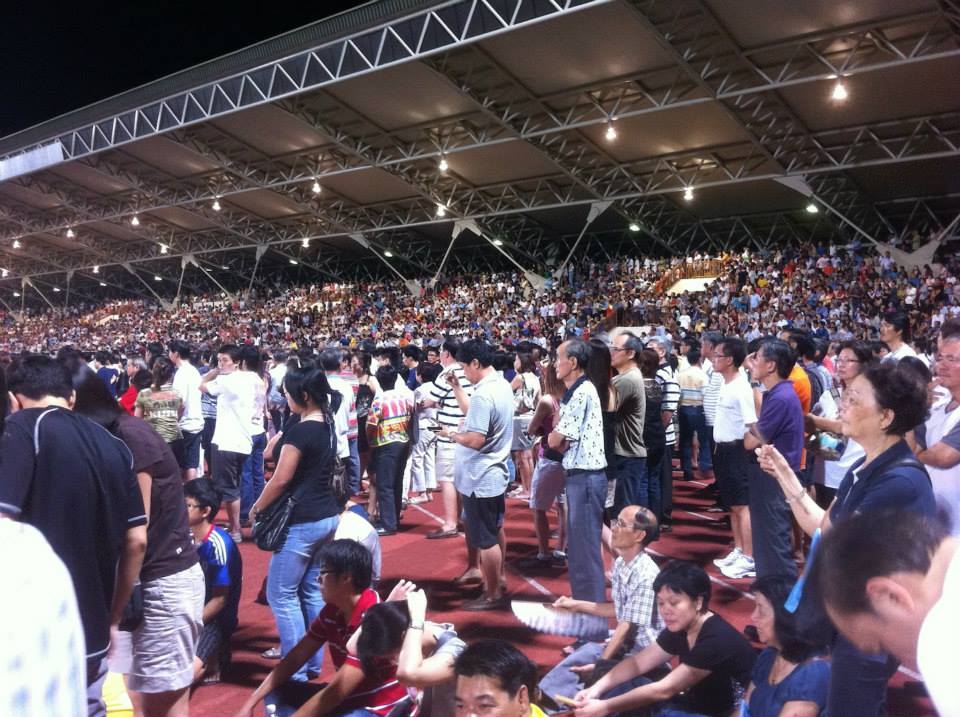The Invisible Electorate: Political Campaign Participation as the Production of an Alternative National Space
July 10, 2023

The 2020 General Election (GE) was held on 10 July. 2011’s GE is remembered for almost generating a freak result, when support for the PAP dropped to its record low of 60.1%. But surprisingly, the 2015 GE saw support for the PAP surging back to 69.9%. The explanation for this unexpected swing is controversial.
‘The Invisible Electorate: Political Campaign Participation as the Production of an Alternative National Space’ (in The Hard State, Soft City of Singapore, 2020), by Assistant Professor Emily Chua Hui Ching (NUS Sociology and Anthropology) argues that in the 2015 GE, two contradictory developments occurred simultaneously. There was both greater support for the opposition on the ground and more votes for the PAP on paper. To rationalise this, Dr Chua conceptualises the GE as occurring in two simultaneous and overlaid spaces – one in an abstract space laid down by the Election Map, and the other in a lived space of rallies and door-to-door visits. Dr Chua asserts that the opposition was winning support in the second space by analysing the different campaign strategies taken by the opposition and the PAP.
While opposition candidates appealed to lofty ideals of justice and humanity and asked voters to vote for the good of the community, PAP’s campaigns treated voters as self-interested individuals with personal stakes in the election outcome. The election was therefore about choosing the most qualified experts to manage the country as ‘groundskeepers’, and citizens needed to decide whether the PAP was the most appropriate technocrat. Dr Chua argues that this strategy allowed the PAP to avoid the truly political question of whether Singaporeans prefer a different governance approach.
Moreover, Singapore’s voters are divided geographically into constituencies, thus reminding voters that they are voting not only as citizens of the country but also as owners of particular estates. The HDB Town Council system, which bestows the duty of estate management within each constituency to its respective MPs, ties people representing the constituency in Parliament to the those in charge of daily upkeep of voters’ residential estates. The laws regulating the staging of election rallies are also designed to temper their emotional influence over voters. Furthermore, a ‘Cooling-Off Day’ is also set before Polling Day, during which all campaign activities must cease. According to Dr Chua, all these measures help remove irrational political excitability from voters’ final decisions.
However, this does not mean that the opposition had not garnered support in the lived space of the GE. This is seen from the number of people attending opposition rallies. Dr Chua also asserts that some opposition candidates also set personal examples showing that Singaporeans can risk self-interest to do what they think is right. The opposition’s ‘principled indignation’ towards PAP’s reliance on market rationalities to manage Singapore also won favour among voters. Dr Chua additionally posits that this is giving rise to a new form of political opposition in Singapore, where candidates and supporters collectively configure a citizenry that rises above the pragmatic self-interest that the PAP emphasises.
Read the chapter here: https://doi.org/10.1515/9789048544004-014
